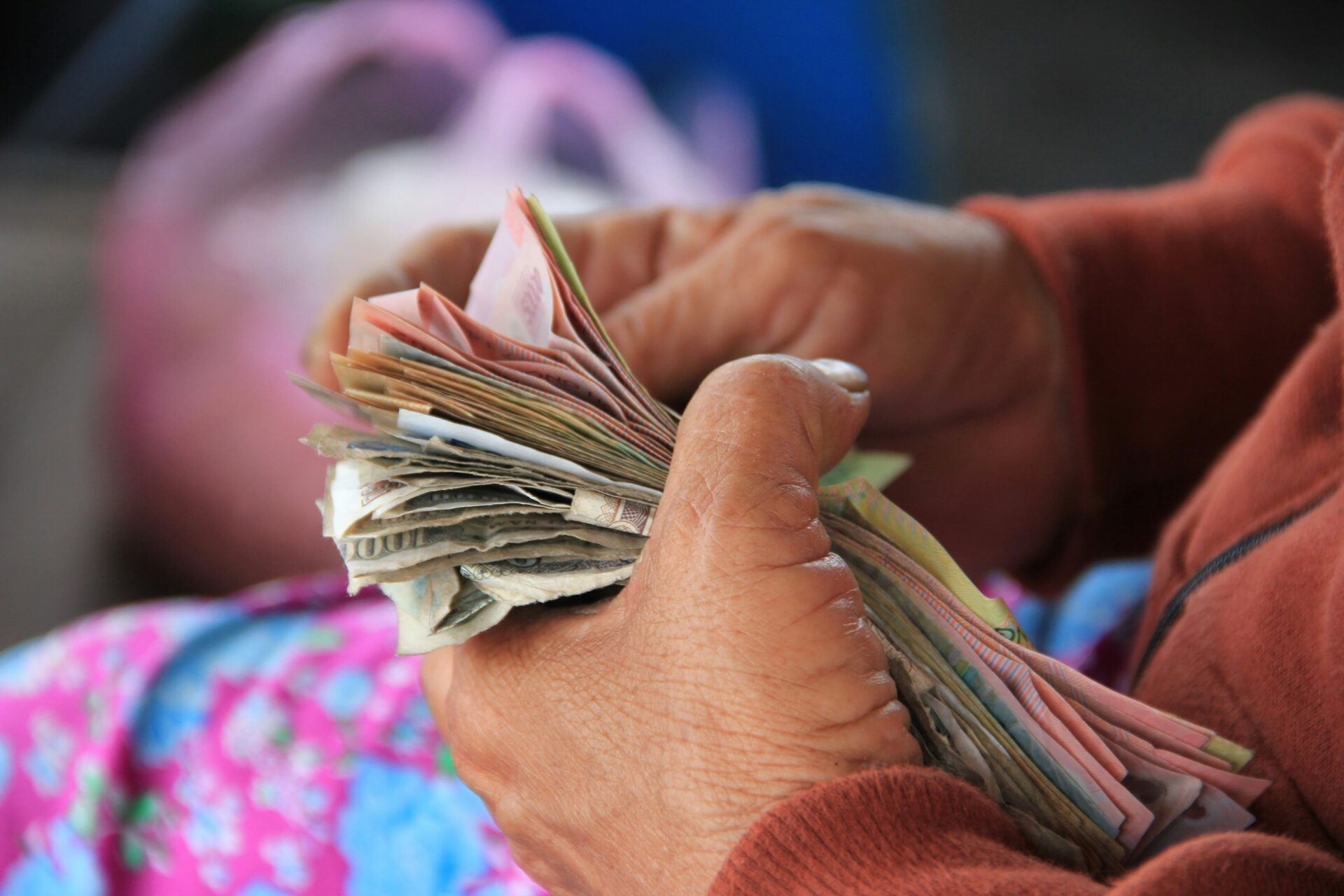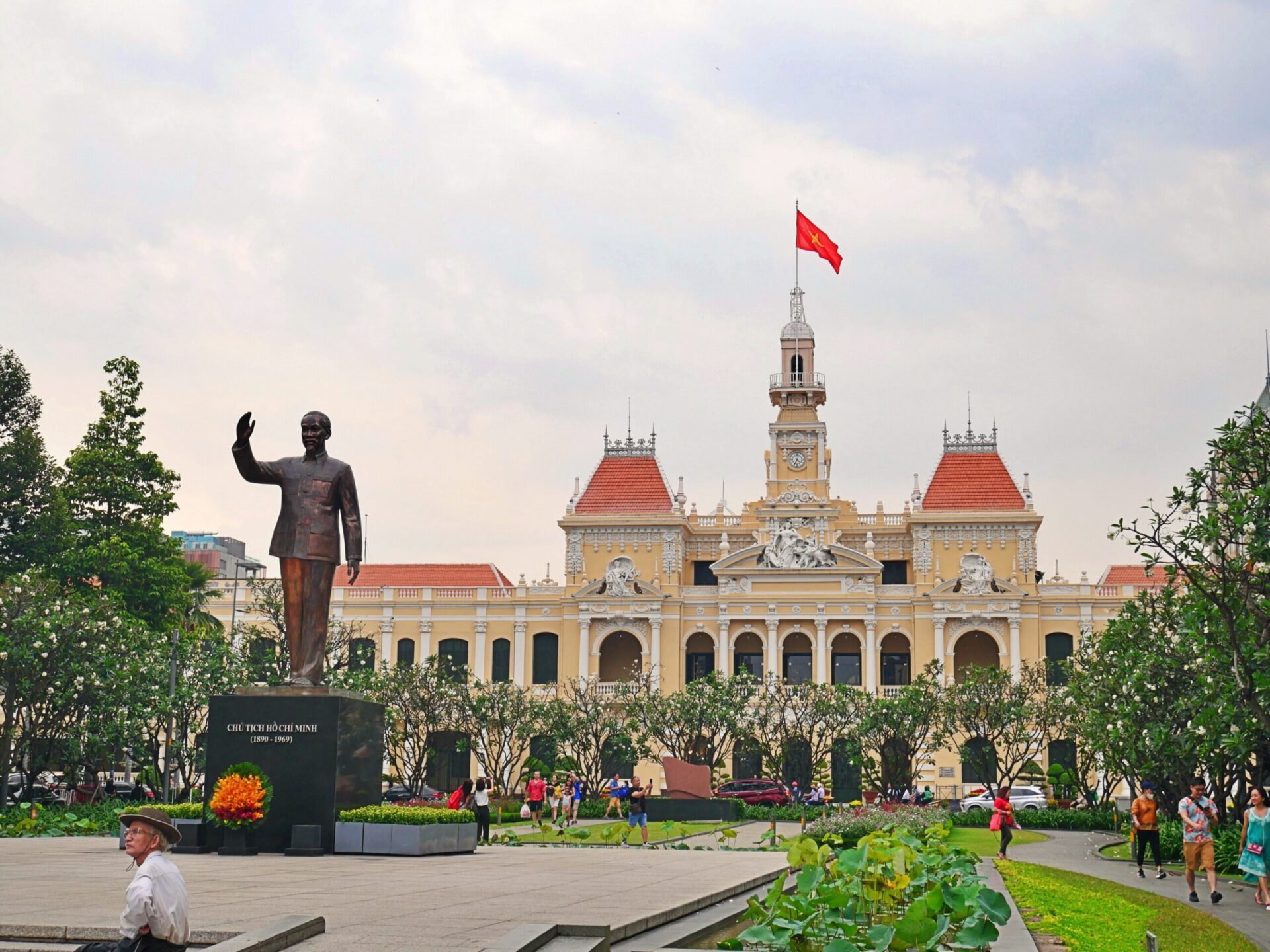Crossing Paths: Vietnam’s Diplomatic Strategy and the New Horizons of International Relations

Vietnam has made notable advancements in its foreign policy and international relations in recent years. This article explores how Vietnam is expanding its role on the regional and global stage and deepening its international partnerships.
目次
1. Framework of Vietnam’s Foreign Policy
Vietnam’s foreign policy is based on the four fundamental principles of independence, autonomy, diversification, and multilateralism. Through these principles, Vietnam aims to protect its sovereignty and interests while pursuing peaceful coexistence and international cooperation. Particularly since the Đổi Mới economic reform policy, Vietnam has adopted an open policy towards the international community, actively developing strategic partnerships within and outside the region through its activities in multilateral organizations like ASEAN, steadily increasing its influence on the international stage.
2. Relations with ASEAN
As an active member of ASEAN (Association of Southeast Asian Nations), Vietnam has significantly contributed to regional integration and community building. Since joining in 1995, Vietnam has played a key role in advancing economic, political-security, and socio-cultural cooperation within ASEAN. Notably, as the ASEAN chair in 2020, Vietnam demonstrated leadership in uniting the region and formulating responses to the COVID-19 pandemic, further enhancing its position in the international community through its contributions to peace, stability, and cooperation in the region.
3. Bilateral Relations with the US, China, and the EU
Vietnam has been strengthening its economic and political ties with major powers such as the US, China, and the EU through bilateral relations. For instance, since normalizing relations with the US in 1995, Vietnam has deepened its relationship in various fields including economy, science and technology, and education. Despite a complex history and relationship with China, economic and trade cooperation has been actively pursued. With the EU, the relationship has been further solidified with the EU-Vietnam Free Trade Agreement (EVFTA) coming into effect in 2020. These bilateral relationships play a crucial role in balancing geopolitical challenges and expanding Vietnam’s influence on the global stage.
4. Ties with Emerging Countries
Vietnam is strengthening its ties with emerging countries within the framework of South-South cooperation. Collaborations with countries in Africa, Latin America, and the Middle East in areas such as economic development, cultural exchange, and educational cooperation are deepening. These efforts are crucial for Vietnam to respond to global economic dynamism and diversify its markets. Moreover, they position Vietnam as a promoter of South-South cooperation in the international community.
5. Future Prospects: Challenges and Opportunities in Vietnam’s Diplomatic Strategy
Vietnam’s diplomatic strategy focuses on contributing to sustainable development and maintaining regional peace. Moving forward, Vietnam is expected to enhance its role as a mediator in regional and international communities through activities in multilateral frameworks like ASEAN. However, challenges such as rising geopolitical tensions and global economic uncertainties remain. A flexible and strategic foreign policy is required for Vietnam to further develop its role on the international stage while addressing these challenges.
Vietnam’s diplomatic strategy and international relations are opening new horizons for peace and development in the region and the world. This movement represents a significant step forward for the country as it balances international challenges and opportunities, shaping its future.
(Photo by Unsplash.com)



